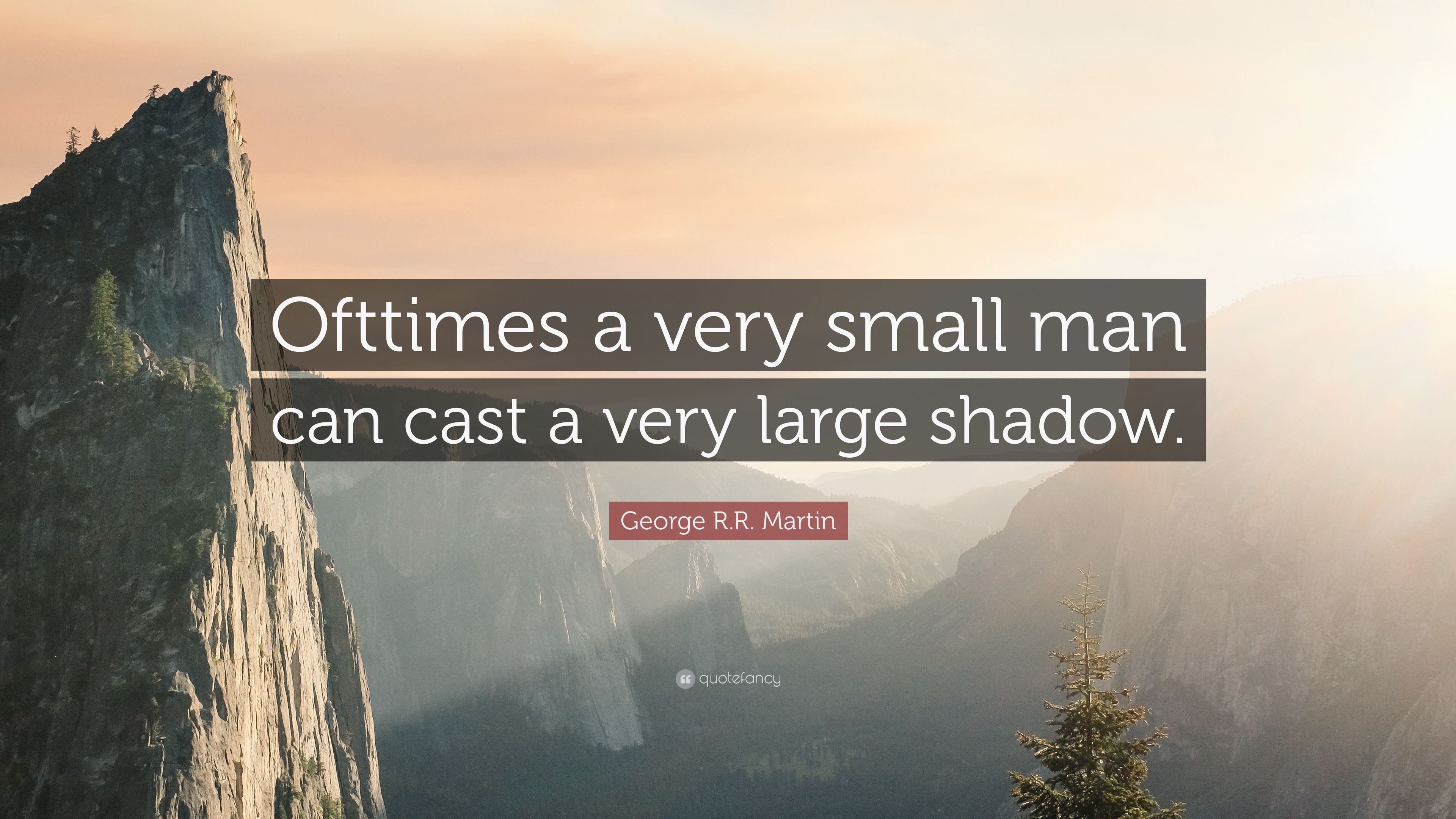
The famous psychoanalyst Gerald Schoenewolf described it as: “A process in which a person or group influences the emotions or behaviour of another person or group through the conscious or unconscious induction of emotion states and behavioural attitudes”.Įmotional contagion can impact in both the positive and negative. Leaders can directly impact the emotions of a team – This is known as emotional contagion.Įmotional contagion evolved as a sort of social glue, useful for cementing personal relationships. When employees are ‘infected’ by the moods of others, particularly their leaders, it impacts on everything around them. Unlike cognitive behaviour, emotions struggle to be left at the office door and because employees are very aware of their leaders’ emotions, leaders can strongly impact the mood of an employee. Leaders set the tone, the mood and atmosphere at work. Another big part of leadership responsibility is to lead others with your actions. As a leader, part of your job is to inspire the people around you to push themselves to greatness you must show them the way by doing it yourself.Įmotional contagion in leadership can spread across a team like a virus. If you're in a leadership position, you know you have a responsibility to your team they look to you for guidance and strength - that's part of what being a leader is. If this has ever happened to you, you can probably remember the disappointment you felt of being let down. No matter what the situation is, double standards – witnessing people saying one thing and then doing another – always feel like a betrayal, which can be very destructive.

When this happens, you can almost see the loss of enthusiasm, goodwill and general morale being replaced with cynicism and disappointment amongst their team. There is nothing worse for company morale than leaders who practice the ‘do as I say, not as I do’ philosophy. There’s a type of boss who tells everyone to stay late, then leaves the office promptly at 5 pm a team leader who criticises everyone for spending time on the Internet yet is discovered shopping online in the middle of the afternoon or a CFO who recommends redundancies to stop ‘unnecessary spending’, then travels first class. Gandhi smiled and said "Mother, two weeks ago, I was eating a lot of sugar myself."’ She asked: "Why didn't you tell him that two weeks ago when I brought him here to see you?" It is not good for your health.” The boy nodded his head and promised he wouldn't. This time Gandhi looked directly at the boy and said: “Boy, you should stop eating sugar. The mother was confused and upset and took the boy home. Gandhi replied: "I cannot tell him that, but you may bring him back in a few weeks and then I will talk to him."

She finally reached Gandhi and asked him to tell her son to stop eating sugar it wasn't good for his health. His mother decided to get help and took the long and hot journey with her son, walking many miles and hours under the scorching sun. 'In the 1930s there was a young boy who had become addicted to and obsessed with eating sugar.

Here is a great story that brings this to life for me. Your team will be looking for your words to match your actions. If you say: “Creating and open feedback culture is important” and then proceed to have a corridor conversation behind someone’s back, what does that mean to your team or about you as a leader? If you say to your team: “Listening is important”, but continually interrupt them, what impact will this have on them? It is all very well talking about principles and values, but unless you are living and breathing them, you are highly unlikely to gain buy-in from other people.

If I had a pound for every time I heard: “Do as I say, not as I do”, I would be a rich man! As a leader, our teams are continually watching us, looking for the difference between what we say and what we do.


 0 kommentar(er)
0 kommentar(er)
